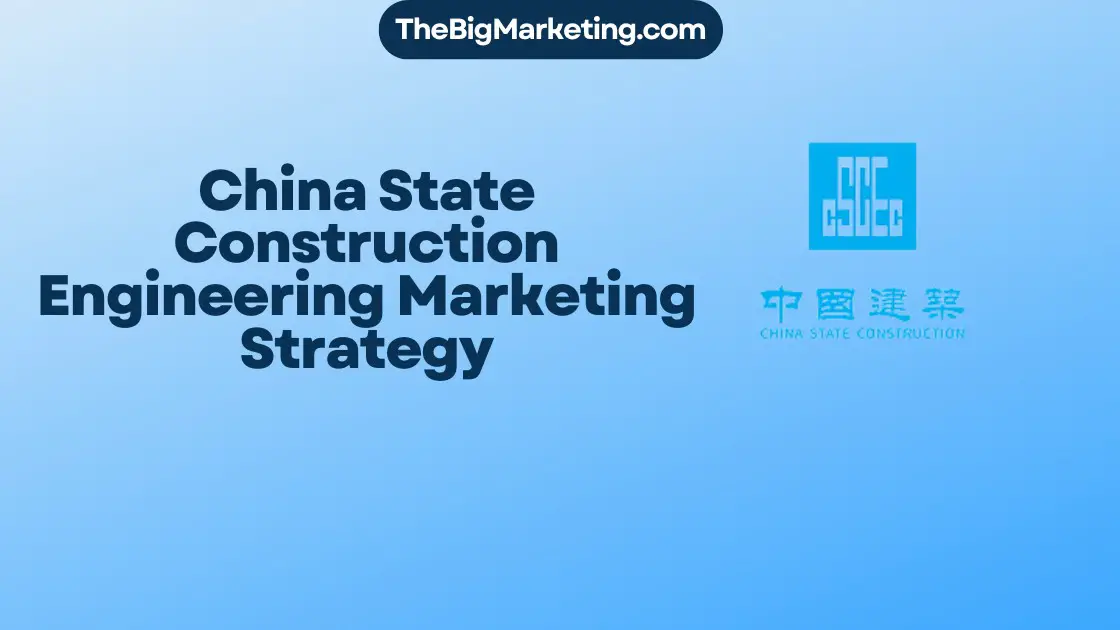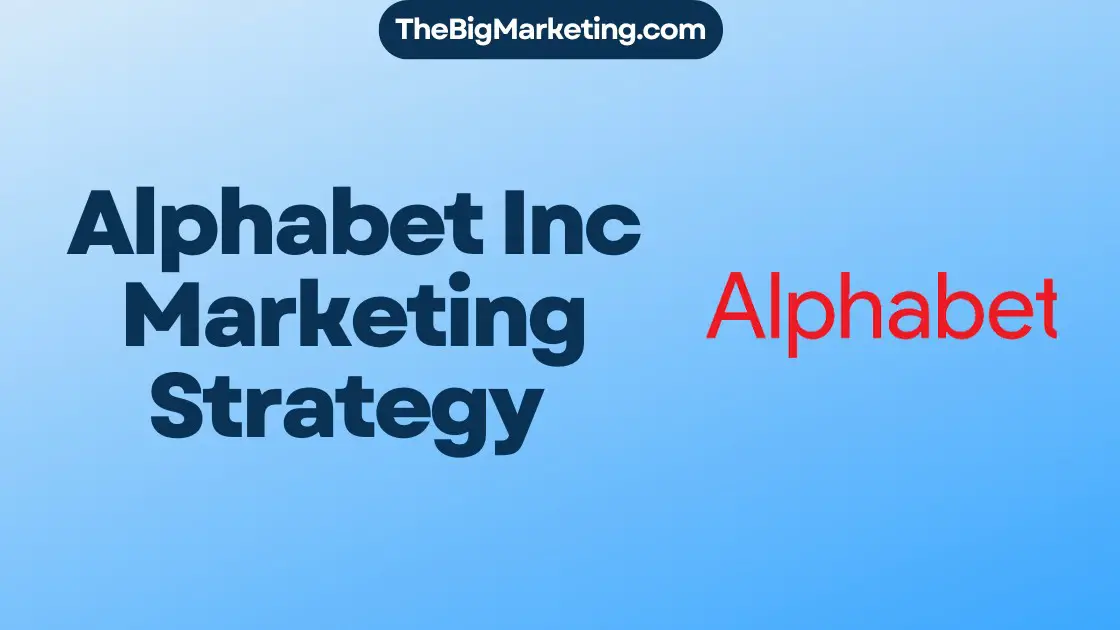As the solar industry continues to grow, effective marketing strategies have become crucial for solar panel companies to stand out and attract customers. In this complete guide, we will explore the evolving landscape of solar marketing and provide insights into developing a successful marketing strategy in 2024.
Solar marketing has transitioned from traditional advertising methods to a focus on online platforms and digital marketing techniques. Websites, blogs, search engine optimization (SEO), pay-per-click advertising, social media campaigns, direct mail campaigns, event marketing, and public relations are all important channels in the solar marketing mix.
Understanding the various types of solar marketing and the benefits they offer is key to creating a comprehensive marketing strategy. Whether it’s optimizing your solar panel website for better visibility, harnessing the power of social media to engage with the audience, or employing effective lead generation strategies, each element plays a vital role in the overall success of your marketing efforts.
Throughout this guide, we will explore the different aspects of solar panel marketing in 2024 and provide practical tips and ideas that can be implemented to drive your solar business promotion.
Key Takeaways:
- Solar marketing encompasses various online and traditional advertising methods
- Understanding the different types of solar marketing is crucial for a successful marketing strategy
- Optimizing your solar panel website and engaging with social media are effective tactics
- Effective lead generation strategies are essential for the growth of your solar business
- Stay updated on the latest trends and techniques in solar panel marketing
Types of Solar Marketing
In the world of solar marketing, there are various types of strategies that companies can employ to attract and engage their target audience. By understanding these different types, businesses can choose the most suitable approach to achieve their marketing goals.
1. Online Marketing
Online marketing is an essential component of solar marketing. It involves leveraging the power of the internet to reach potential customers and promote solar products and services. Key online marketing techniques include:
- Website optimization: Creating a user-friendly and informative website that showcases the benefits of solar energy and provides valuable resources to visitors.
- Search Engine Optimization (SEO): Improving website visibility in search engine results to attract organic traffic.
- Pay-Per-Click (PPC) Advertising: Running targeted online ads on search engines and websites to drive traffic and generate leads.
- Social Media Campaigns: Engaging with the target audience through platforms like Facebook, Twitter, and LinkedIn to build brand awareness and foster customer relationships.
2. Direct Mail Campaigns
Direct mail campaigns involve sending physical mail, such as postcards or flyers, to targeted local customers. This type of marketing eliminates the digital noise and allows for targeted communication. Direct mail campaigns can be highly effective in engaging with homeowners and business owners in specific locations.
3. Event Marketing
Event marketing involves participating in or sponsoring industry-related events to showcase solar products and services. This type of marketing allows companies to connect directly with potential customers, build relationships, and gain exposure within the solar industry. Event marketing can range from trade shows and conferences to community events and workshops.
4. Public Relations
Public relations (PR) is a valuable tool for creating positive publicity and brand awareness. It involves issuing press releases, arranging media interviews, and engaging with journalists to promote solar products, company milestones, and industry leadership. PR helps build credibility, trust, and recognition within the solar industry, making it an important aspect of solar marketing.
Choosing the right type of solar marketing depends on factors such as the company’s goals, target audience, and available resources. A well-rounded marketing strategy may involve a combination of these different types to maximize reach and engagement.
| Type of Solar Marketing | Description |
|---|---|
| Online Marketing | Utilizing websites, SEO, PPC advertising, and social media to reach potential customers online. |
| Direct Mail Campaigns | Sending physical mail to targeted local customers to promote solar products and services. |
| Event Marketing | Participating in or sponsoring industry-related events to build relationships and gain exposure. |
| Public Relations | Issuing press releases, engaging with journalists, and creating positive publicity for solar products and company milestones. |
Benefits of Solar Marketing
Solar marketing provides numerous advantages for solar panel companies. By implementing effective marketing strategies, businesses can leverage these benefits to increase sales and expand their customer base.
1. Targeted Customer Acquisition
Solar marketing allows companies to specifically target potential customers who are interested in renewable energy solutions. Through various digital channels, such as social media platforms and online advertising, businesses can identify and engage with individuals who have a genuine interest in solar products. By reaching out to these targeted prospects, companies can increase the likelihood of generating quality leads and converting them into loyal customers.
2. Brand Awareness and Engagement
With the rise of social media, solar marketing plays a crucial role in building brand awareness and engagement. By creating compelling content and establishing an active presence on social media platforms, companies can effectively reach and engage with their target audience. This increased engagement helps build brand loyalty and enhances customer trust in the company’s products and services.
3. Improved Website Visibility Through SEO
Solar marketing involves optimizing websites for search engines, also known as search engine optimization (SEO). By implementing proper SEO techniques, such as keyword optimization, content creation, and link building, companies can improve their website’s visibility on search engine result pages. This increased visibility drives organic traffic to the website, resulting in more potential customers discovering the company’s solar products and services.
4. Trust Building With Informative Content
Informative content plays a vital role in solar marketing. By creating and sharing educational and insightful content, companies can establish themselves as thought leaders in the solar industry. This content can include blogs, articles, whitepapers, and case studies that provide valuable information to potential customers. By offering educational resources, companies can build trust and credibility with their target audience, which can lead to increased sales and customer loyalty.
5. Staying Ahead of the Competition
In today’s competitive renewable energy market, engaging in solar marketing is essential for companies to gain a competitive edge. By investing in effective marketing strategies, businesses can stay ahead of the competition and position themselves as industry leaders. This proactive approach allows companies to attract more customers and establish a strong foothold in the growing solar industry.
| Benefit | Description |
|---|---|
| Targeted Customer Acquisition | Solar marketing enables companies to specifically target potential customers interested in renewable energy solutions, increasing the effectiveness of lead generation. |
| Brand Awareness and Engagement | Solar marketing helps build brand awareness and engagement by leveraging social media platforms to reach and connect with the target audience. |
| Improved Website Visibility Through SEO | By optimizing their websites for search engines, companies can improve visibility and drive organic traffic to their solar products and services. |
| Trust Building With Informative Content | Informative content establishes trust and credibility with potential customers, positioning the company as a reliable source of information in the solar industry. |
| Staying Ahead of the Competition | Engaging in solar marketing allows companies to stay ahead of the competition and establish themselves as industry leaders in the growing renewable energy market. |
The Right Way to Market Solar
When it comes to marketing solar products or services, understanding your target audience is essential. By identifying their specific needs and preferences, you can create content that resonates with them. For instance, homeowners interested in cost savings may be attracted to the financial benefits of solar energy, while businesses might prioritize environmentally friendly solutions.
Once you know your target audience, it’s crucial to choose the right marketing channels to reach them effectively. Social media platforms like Facebook, Instagram, and LinkedIn can help you engage with potential customers and build brand awareness. Email marketing allows you to directly communicate with leads and nurture them through the sales funnel. Search engine optimization (SEO) ensures that your website appears prominently in search engine results, increasing its visibility to potential customers.
Working with an experienced marketing team can provide valuable insights and guidance in developing and implementing the right marketing strategies for your solar business. They can help you identify the most effective marketing channels, create compelling content, and track the success of your campaigns.
Key Points:
- Understand your target audience’s needs and preferences when creating marketing content.
- Choose the right marketing channels, such as social media, email marketing, and SEO, to reach your target audience effectively.
- Collaborating with a professional marketing team can provide valuable insights and guidance in developing and implementing effective marketing strategies.
By adopting the right marketing approach, you can effectively promote your solar products and services, generate leads, and drive business growth.
Example table:
| Marketing Channel | Target Audience | Benefits |
|---|---|---|
| Social Media | Homeowners, businesses | Engagement, brand awareness |
| Email Marketing | Leads, potential customers | Direct communication, lead nurturing |
| SEO | Online users searching for solar solutions | Increased website visibility, organic traffic |
How Can Software Help with Solar Marketing?
In the fast-paced world of solar marketing, leveraging software can significantly enhance your marketing efforts. With the right tools at your disposal, you can streamline content creation, campaign management, and performance measurement, optimizing your solar marketing strategy for success.
One of the key advantages of marketing software is its ability to generate content ideas and research keywords. By tapping into the power of software, you can unlock valuable insights that will help you create engaging and relevant content that resonates with your target audience.
Furthermore, software can assist in optimizing your content for maximum reach. Whether it’s optimizing your website for search engines or maximizing the impact of your social media campaigns, marketing software ensures that your content is seen by the right people at the right time.
Managing campaigns across multiple digital channels can be complex and time-consuming. However, software simplifies this process by allowing for real-time adjustments and automated processes. You can easily track the performance of your campaigns, make data-driven decisions, and pivot your strategies as needed.
Measuring performance metrics is crucial for tracking progress and making informed marketing decisions. Marketing software provides valuable insights by capturing key metrics such as impressions, clicks, conversions, and website visits. These insights allow you to gauge the effectiveness of your strategies and make data-driven optimizations for better results.
Investing in marketing software is a smart move for solar marketing professionals who want to enhance their efficiency and effectiveness. By leveraging the power of software, you’ll be able to streamline your processes, improve your marketing ROI, and stay ahead of the competition in the ever-evolving solar market.
With the right software tools, you can take your solar marketing efforts to the next level and achieve unprecedented success in promoting your solar products and services.
Understanding the Solar Market
The solar market has experienced remarkable growth in recent years, fueled by the increasing interest in renewable energy solutions. As more individuals and businesses recognize the importance of solar power in reducing carbon emissions and achieving energy sustainability, the solar market presents significant opportunities for companies in the industry.
Understanding the solar market involves conducting thorough market research to gain insights into the target audience, market dynamics, and competition. By analyzing market trends, customer preferences, and the competitive landscape, solar companies can develop effective marketing strategies that resonate with their target audience and differentiate themselves from competitors.
One crucial aspect of understanding the solar market is staying updated with industry trends. For instance, the decline in solar panel costs has made solar energy more accessible and affordable for consumers. Additionally, the use of energy storage systems, such as solar batteries, has gained popularity, allowing households and businesses to store excess solar energy and use it during non-sunlight hours. By keeping track of these trends, solar companies can adapt their marketing strategies to align with the evolving needs and preferences of their target audience.
Building a strong online presence is another key element of understanding the solar market. Optimizing websites for search engines (SEO) ensures that companies’ online platforms appear prominently in search results for relevant keywords, driving organic traffic and attracting potential customers. Leveraging digital marketing techniques, such as pay-per-click (PPC) advertising and social media advertising, further enhances companies’ reach and engagement with their target audience.
To provide a visually engaging representation of the solar market, here is a table showcasing some key statistics and trends:
| Statistic | Trend |
|---|---|
| Global solar capacity | Continued growth, reaching X GW by 2024 |
| Decline in solar panel costs | Average reduction of X% per year |
| Increasing adoption of energy storage systems | Growth rate of X% annually |
| Rising demand for solar in residential sector | Expected to account for X% of total solar installations by 2024 |
Understanding the solar market empowers solar companies to make informed decisions, develop targeted marketing campaigns, and effectively engage with their audience. By capitalizing on industry trends, optimizing online presence, and utilizing digital marketing strategies, solar companies can position themselves for success within the dynamic and rapidly expanding solar market.
Why is it important to stay up to date with the latest trends in the solar industry?
Staying up to date with the latest trends in the solar industry is crucial for companies to remain competitive and successful. By staying informed and adapting to new developments, companies can offer the best products and services to their customers, which ultimately enhances customer satisfaction and loyalty.
One of the primary benefits of staying up to date with the latest trends in the solar industry is the ability to offer cutting-edge products to customers. The solar industry is constantly evolving, with new technologies and innovations emerging regularly. By staying current, companies can leverage these advancements to provide their customers with the most efficient and sustainable solar solutions available.
Furthermore, staying up to date with industry trends allows companies to stay ahead of the competition. In a rapidly evolving market, competitors are constantly striving to gain an edge. By monitoring industry trends and implementing them into their business strategies, companies can position themselves as industry leaders and differentiate themselves from their competitors.
Additionally, staying up to date with the latest trends in the solar industry is essential for improving the bottom line. As companies adapt to new technologies and customer demands, they can optimize their operations and processes to increase efficiency and reduce costs. This not only improves profitability but also ensures long-term sustainability in an ever-changing market.
Moreover, staying current with industry trends enables companies to provide accurate and relevant information to their customers. With the rapid advancements in the solar industry, customers rely on companies as trusted sources of information. By staying up to date, companies can deliver accurate and up-to-date information, which enhances their credibility and fosters trust with their customers.
Overall, staying up to date with the latest trends in the solar industry is of utmost importance. It allows companies to offer the best products, stay ahead of the competition, improve their bottom line, and build trust with their customers. By embracing industry trends, companies can position themselves for success in the dynamic and ever-growing solar industry.
Why is digital marketing important in solar panel marketing?
Digital marketing plays a crucial role in the success of solar panel marketing strategies. Here’s why:
- Reaching a Wider Audience: With digital marketing, solar panel companies can reach a larger audience compared to traditional marketing methods. By leveraging platforms such as websites, social media, and search engines, companies can connect with potential customers across different demographics and geographical locations.
- Cost-Effective Marketing Solutions: Digital marketing offers cost-effective solutions compared to traditional advertising. It allows companies to optimize their marketing budget by targeting specific audiences and measuring the performance of campaigns in real-time. This ensures that marketing efforts are focused on the most effective channels and strategies.
- Increasing Engagement: Through digital marketing, solar panel companies can engage with their target audience on various platforms. By creating compelling content, utilizing interactive features, and encouraging user participation, companies can build stronger relationships with potential customers and generate higher levels of engagement.
- Providing Valuable Data: Digital marketing provides valuable data and insights that can be used to improve marketing strategies. By analyzing metrics such as website traffic, click-through rates, and conversion rates, companies can gain a deeper understanding of audience behavior and preferences. This data can then be used to refine campaigns, optimize messaging, and drive better results.
By implementing effective digital marketing strategies, solar panel companies can position themselves as industry leaders, increase brand awareness, and drive business growth. The image below illustrates the impact of digital marketing on solar panel marketing:
Conclusion
In conclusion, developing a comprehensive solar panel marketing strategy is crucial for solar panel companies to thrive in the competitive market. Understanding the different types of solar marketing, the benefits it offers, and the right way to market solar products are key foundations for building an effective marketing strategy. Leveraging software, staying up to date with industry trends, and utilizing digital marketing techniques can enhance the success of marketing efforts. By staying current and implementing strategic solar panel marketing strategies, companies can position themselves for success in 2024 and beyond.




